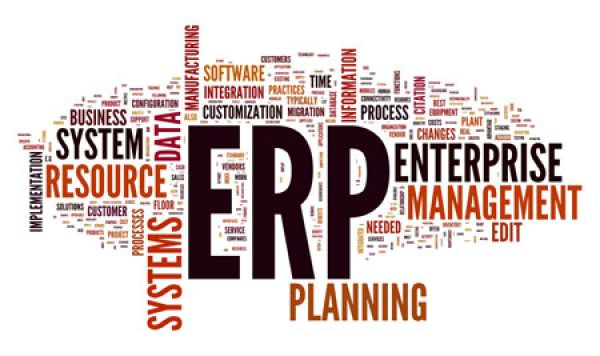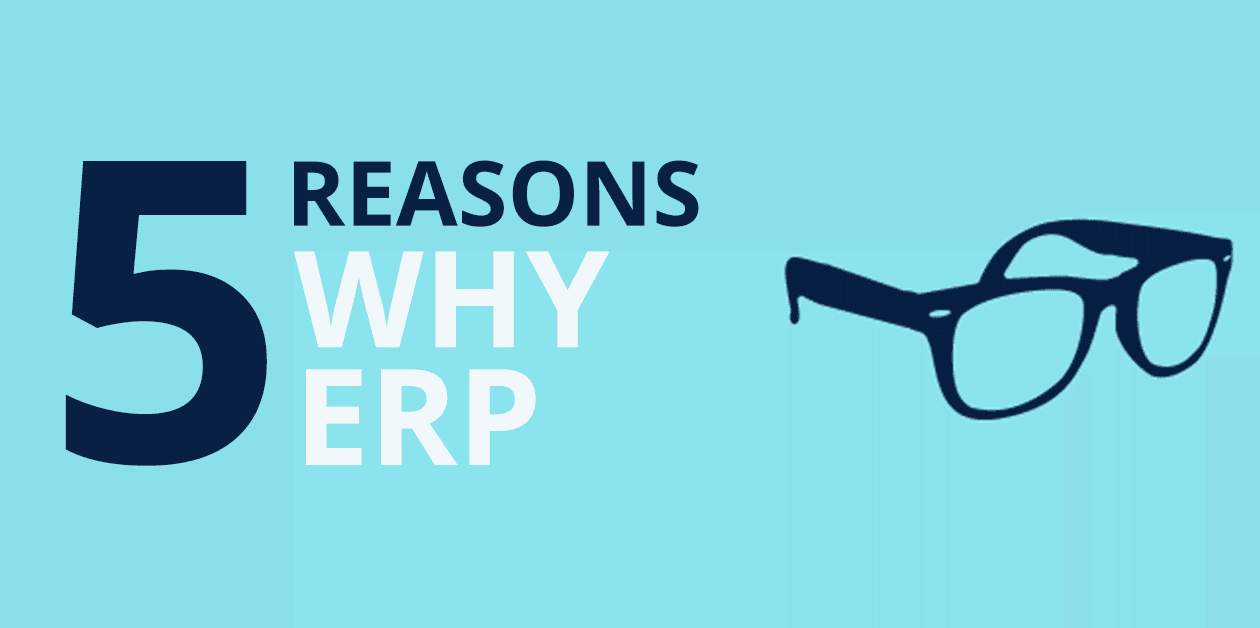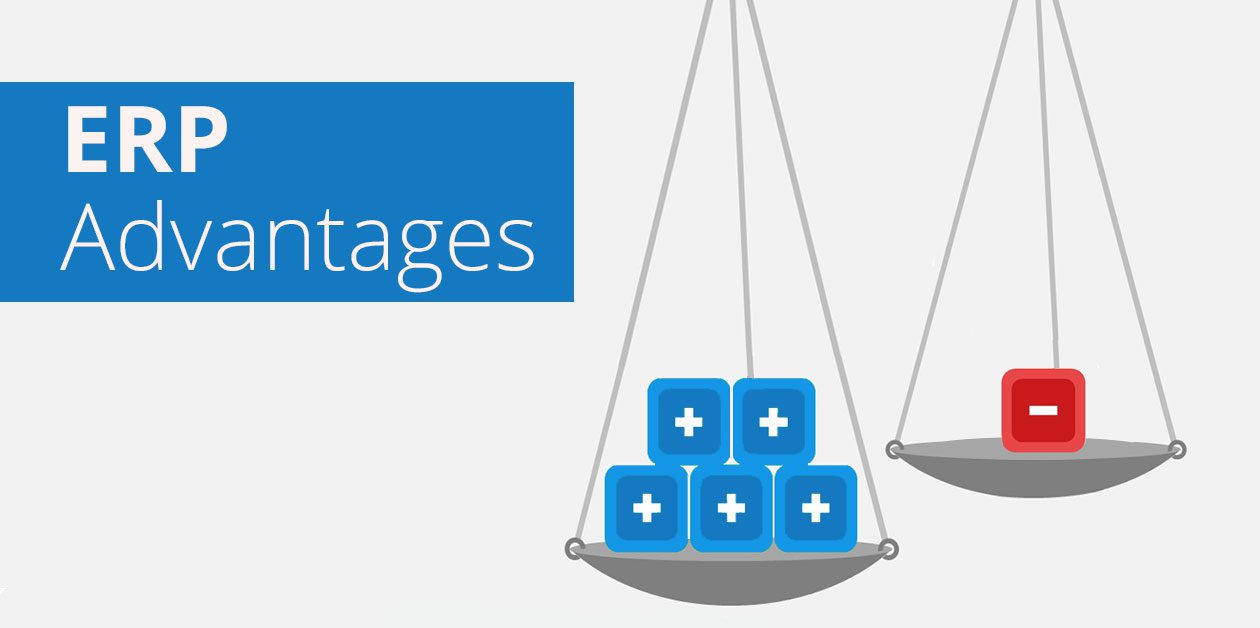Share
Read also
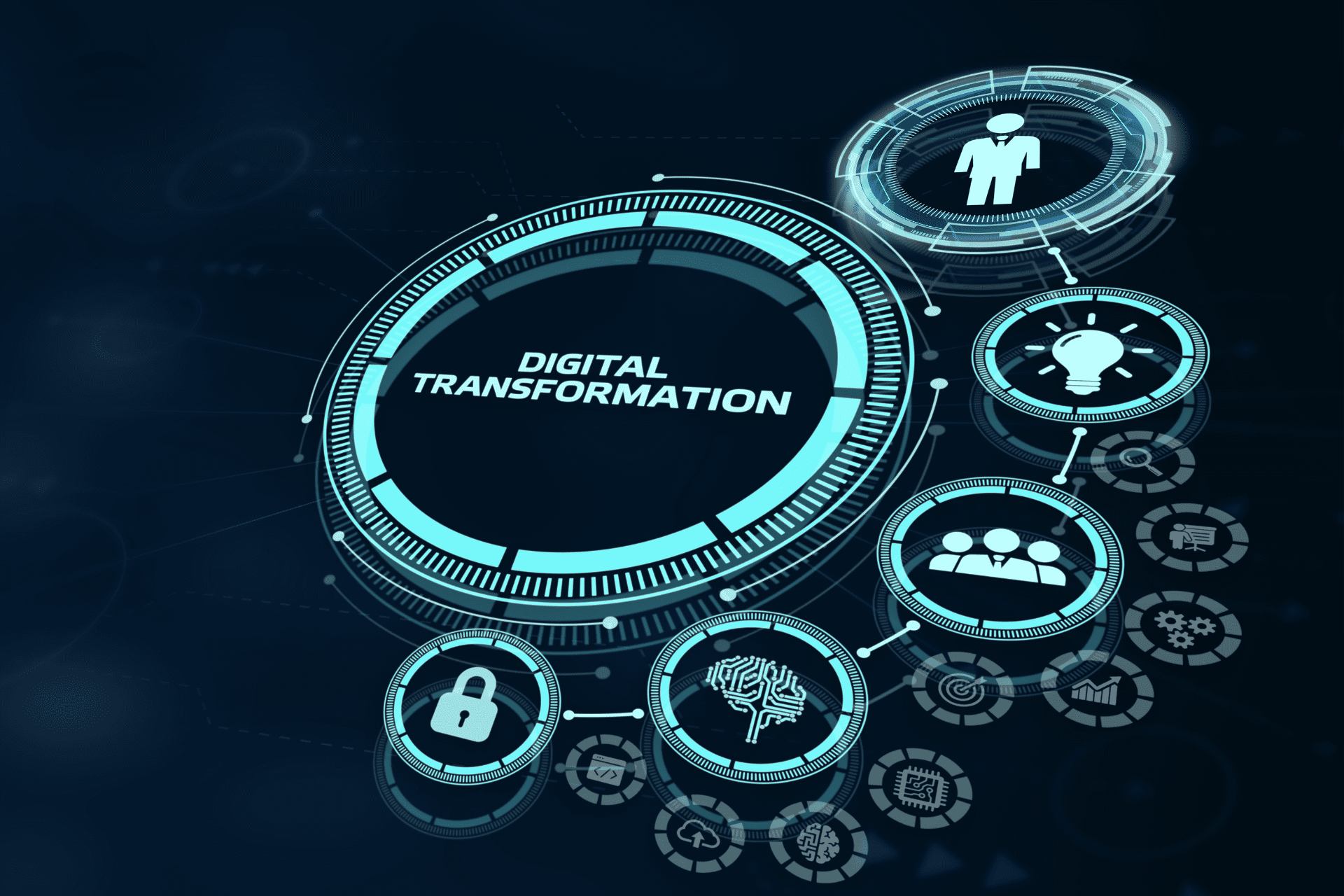
Trends & Views
Digital transformation strategies
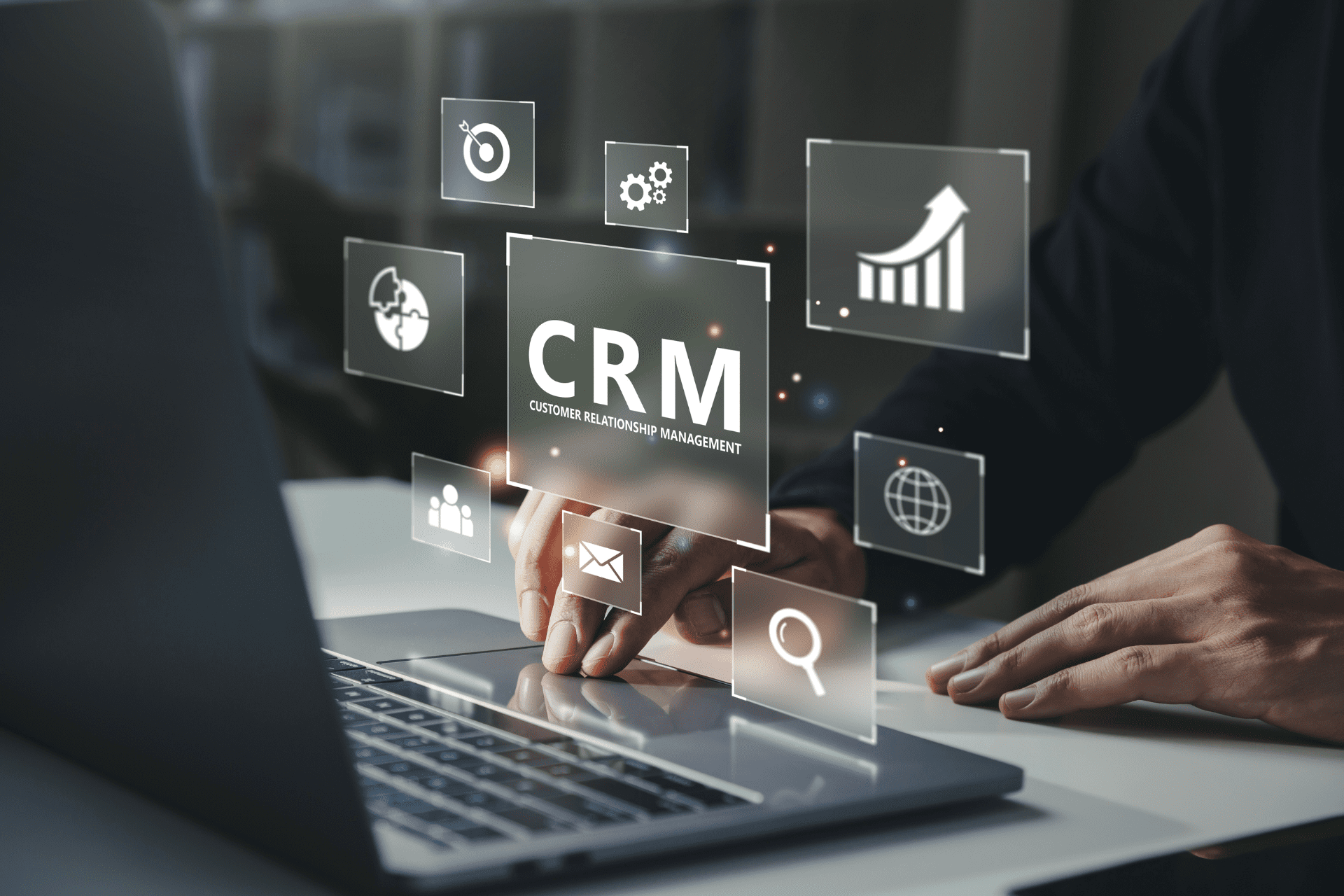
Business Software
CRM 2025 market: Response to increasing customer demands
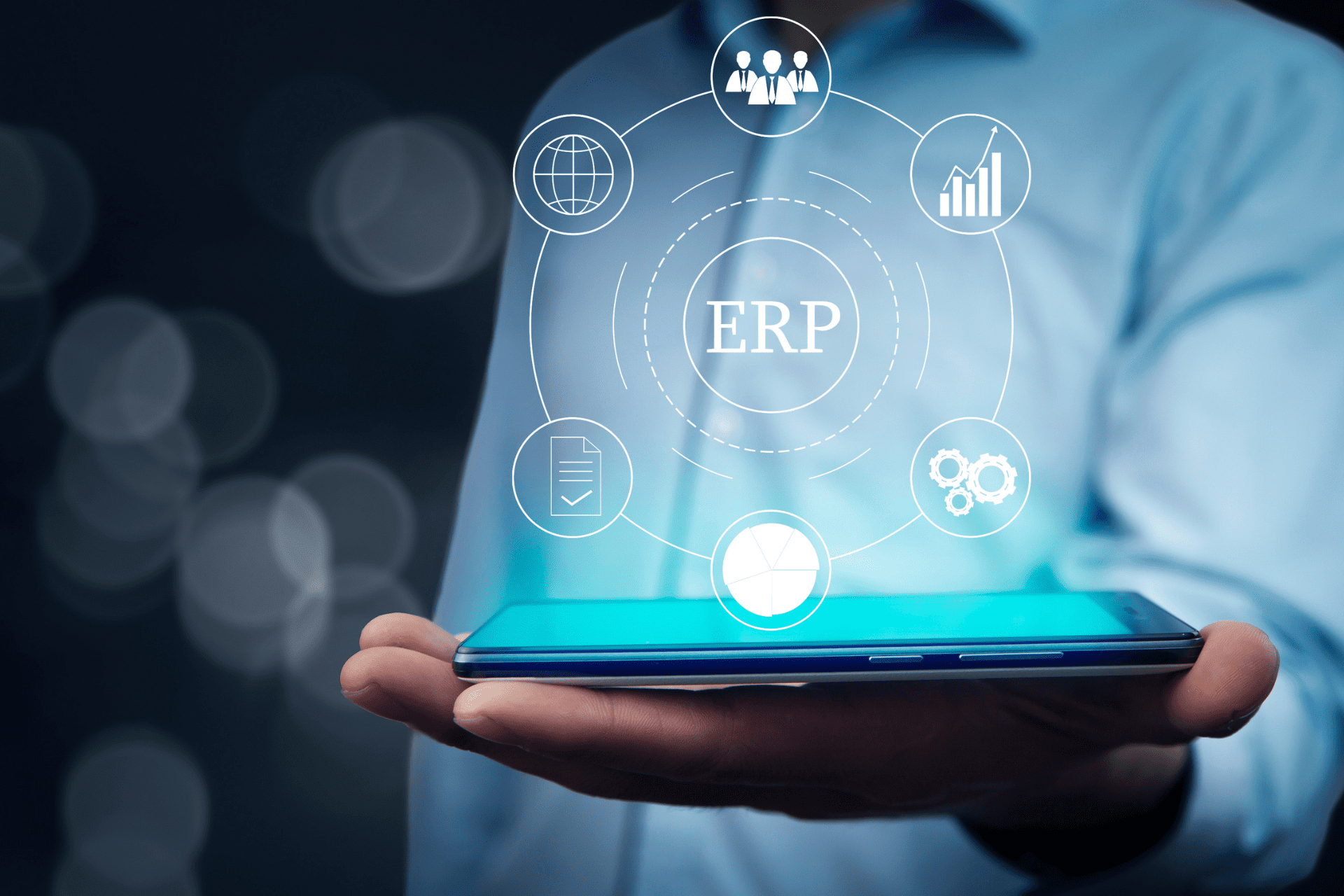
Business Software
Understanding the ERP lifecycle management

Mobility
How is EM shaping the way SMBs operate?
It may have taken some time, but SaaS (Software as a Service) CRM is finally getting the attention it deserves. In particular, according to estimates, the percentage of businesses that will implement a SaaS CRM solution by 2025, is expected to reach 80-85%. Read below to see why businesses will have to replace their legacy CRM systems with SaaS solutions.
Usability is one of the main factors that businesses take into consideration when deciding whether to deploy a product or not. And this is an area where SaaS CRM solutions excel. All you need is a web browser to access the system. No mainframe, no special server or desktop software. Actually, the total cost of ownership is significantly lower than that of a legacy CRM system, since there is no initial capital investment required. Thanks to the subscription model, which works exactly as a subscription to a magazine, your expenses are clearly reduced.
The second factor is compatibility and, since the only restriction is your Internet connection, your SaaS CRM system will work smoothly with all your devices, at all times. You’ll never face compatibility issues, and all users will be able to work on the latest system version, no matter where they are. Furthermore, SaaS CRM systems simplify cooperation, as they enable multiple users to login and work closely together. Adding new users to a project is simply a matter of minutes, thanks to the application’s configuration options. Besides, since everyone has access to the latest version -at the provider’s exclusive responsibility- you can easily ensure that all tasks, projects and data are constantly up-to-date.
The issue of security is obviously another factor that concerns every modern business. Now, most SaaS CRM solution providers are using SSL (Secure Sockets Layer) for data encryption and transmission, thus ensuring world-class security. Internally, businesses can set privacy rules, in order to secure their confidential data and restrict access for specific groups and persons. Furthermore, they can also determine who has handled which information and when, thus achieving an ideal accounting trail for all processes and transactions.
Speed is another issue that cannot be overlooked. Easy data entry and integrated training tools reduce the time spent by personnel on training and data migration. Within a few hours, you can import all your customer data into the system, synchronize payment details and start the ordering process, thus significantly increasing your personnel’s productivity and satisfaction rate, since modern solutions emphasize on user experience.
Finally, another factor that you can’t ignore is the role of analytics. The integration of analytics has drastically changed the management of customer relationships. Thanks to big data, businesses can now have a thorough view of their business insights and are able to respond much quicker to the ever changing market conditions and new customer trends. In addition, social networking channels produce a huge amount of user content and data that would be impossible to monitor and manage with legacy systems. A SaaS CRM solution simplifies the storage of unlimited data on the Cloud, and consequently enables analyzing and forecasting.
In short, by investing in a SaaS solution, you can reduce expenses, increase productivity and get more accurate analytics. Therefore, the deployment of such a system will offer you a great way to further develop your business.

